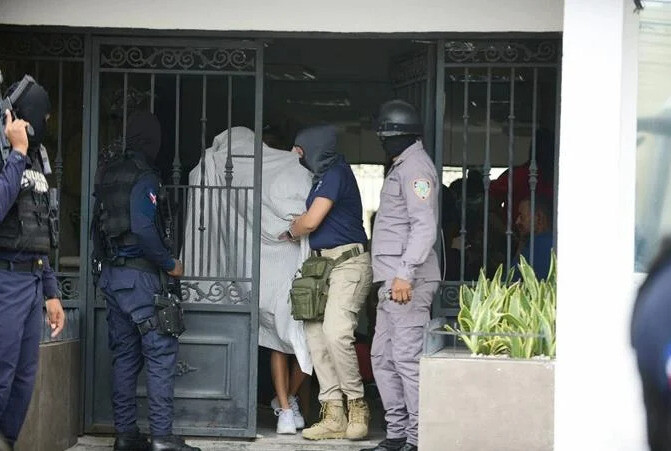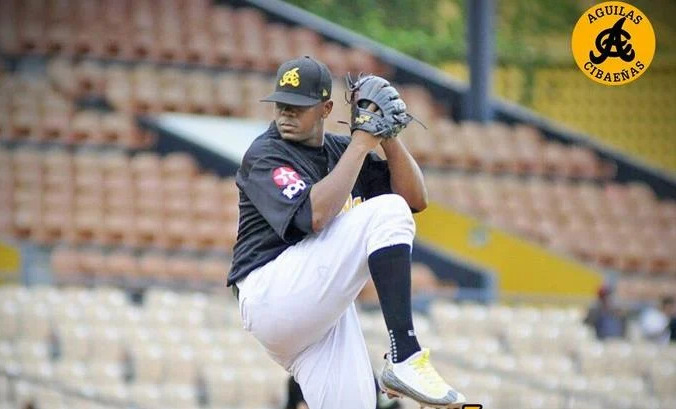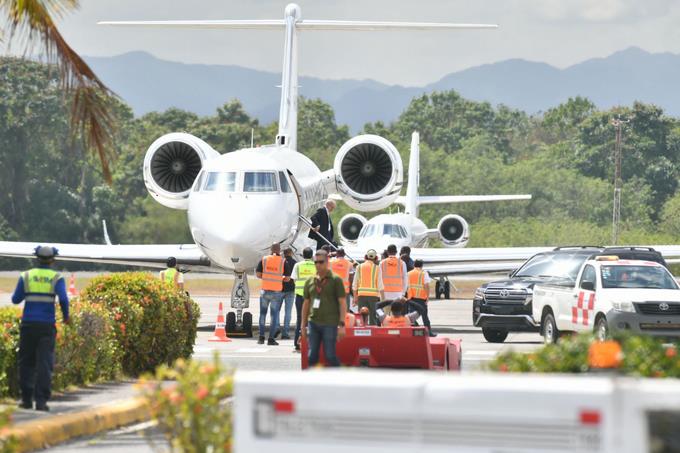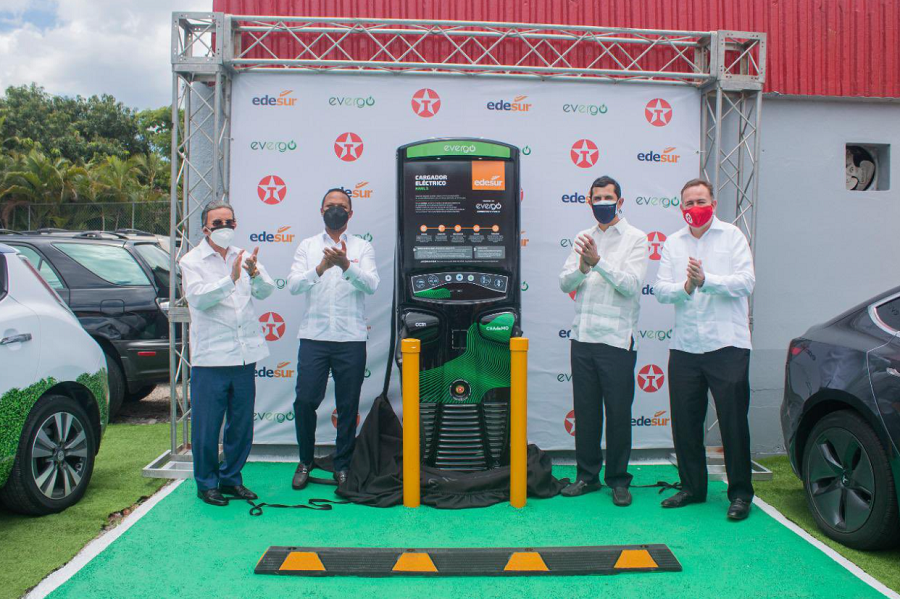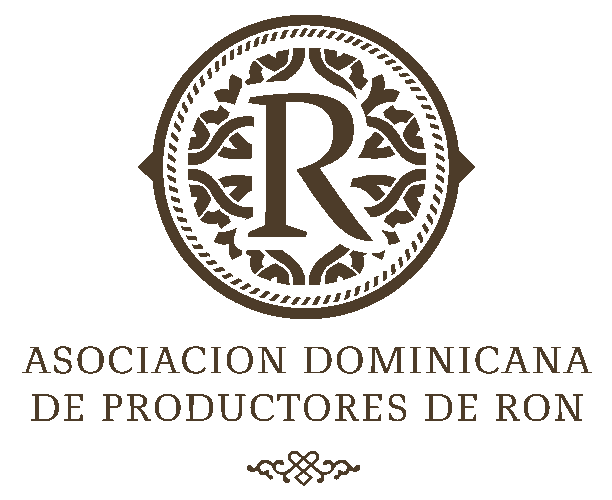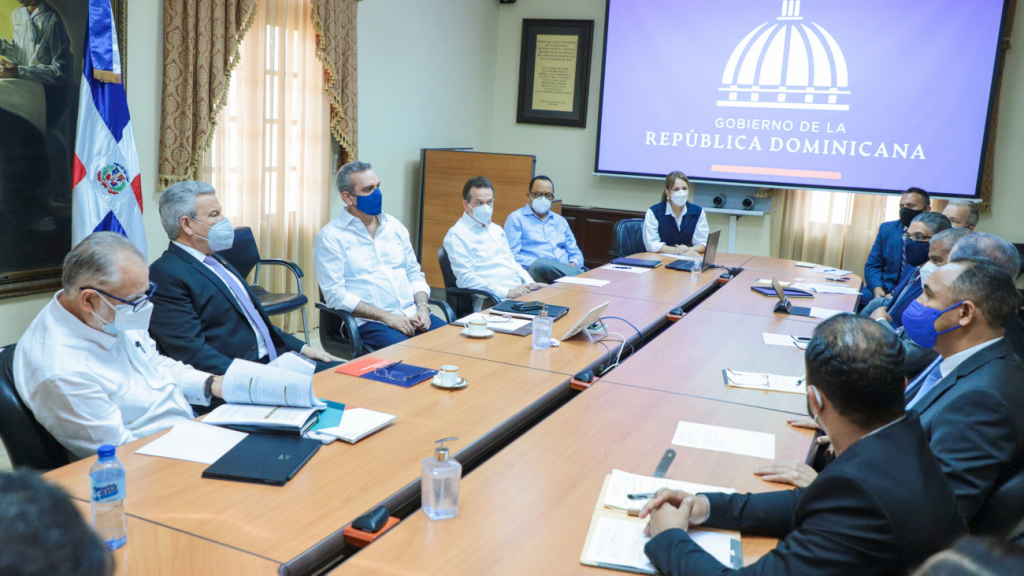DR set to receive 463,000 vaccines from COVAX in March-May
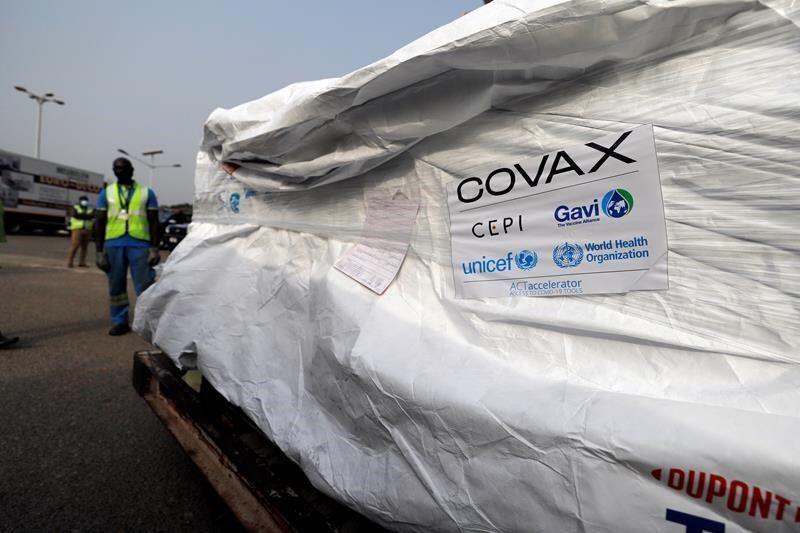
The COVAX program, created by the World Health Organization (WHO) and the GAVI Vaccine Alliance to distribute COVID-19 vaccines worldwide, will send 26 million vaccines, mainly from AstraZeneca, to Latin American countries between March and May.
According to the distribution list published today by GAVI, 18 Latin American countries are among the 142 that will receive the first 237 million doses that COVAX will manage during the next three months.
Colombia, which was the first country in the region to receive a batch of these vaccines this Monday, will receive more than two million doses between now and May.
However, the Latin American countries that will get the most vaccines through this program will be Brazil (9.1 million) and Mexico (5.5 million).
Argentina will receive 1.9 million doses; Peru, 1.2 million; Chile, 818,000; Ecuador, 756,000; Bolivia, 672,000; Paraguay, 304,000; and Uruguay, 148,000.
Venezuela is not on the distribution list because “the data is not very clear,” but it will have a dose, GAVI executive director Seth Berkley said.
In Central America, the beneficiaries of the program will be Costa Rica, which will receive 218,000 doses until May, El Salvador (225,000), Guatemala (724,000), Honduras (424,000), Nicaragua (432,000) and Panama (184,000).
Among the Caribbean, the Dominican Republic will have 463,000 doses, while Cuba will not receive any because it decided not to join COVAX, Berkley explained.
The countries that will receive the most vaccines through May (more than 10 million doses each) are developing nations with large populations, such as Bangladesh, Indonesia, Nigeria and Pakistan.
Ghana last week became the first country in the world to receive vaccines through this solidarity platform, which today will send vaccines to Cambodia, Angola, Nigeria and the Democratic Republic of the Congo.
The distribution program “will change the course of the pandemic and the way in which health emergencies are responded to,” said the WHO director general, Tedros Adhanom Ghebreyesus, on what is already considered the largest and most most complex global immunization operation in history.
COVAX has this year the goal of distributing at least 2 billion doses by 2021, 1.3 billion of them in poor countries.
Berkley announced at the same press conference that this initially projected figure could rise to 2.5 billion doses (1.8 billion for developing countries).
190 countries are part of the platform, of which a hundred have collaborated in its financing, while the 90 poorest economies will not have to pay for the vaccines assigned to them.
In Latin America, Bolivia, El Salvador, Honduras and Nicaragua are included in this group.
Although most of the vaccines that are starting to ship are from AstraZeneca (most manufactured by its partner the Serum Institute of India), additionally 1.2 million doses of the vaccine developed jointly by Pfizer / BioNTech will be distributed until May. who also collaborate with COVAX.
A portion of these latest vaccines will go to Colombia in Latin America, which will receive 117,000 doses; El Salvador (51,000), Bolivia (92,000) and Peru (117,000).
Berkley announced that the US pharmaceutical companies Johnson & Johnson, which will donate 500 million doses, and Novavax, which has signed an agreement in principle for 1.1 billion doses, will soon cooperate with COVAX.
The initial list of beneficiaries published today does not include major producers of anticovid vaccines such as the United States, United Kingdom, China or Russia, nor do any European Union countries that have contributed financially to COVAX.
The reason is that most developed countries have chosen to voluntarily delay receiving doses by having signed contracts directly with producers, which has allowed them to be among the first to receive vaccines.
In this way they allow COVAX vaccines to be shipped as a priority to countries that have received little or no doses.
The only rich COVAX donor countries that have asked to receive vaccines in this first round have been Canada, New Zealand and Monaco, as well as South Korea.

